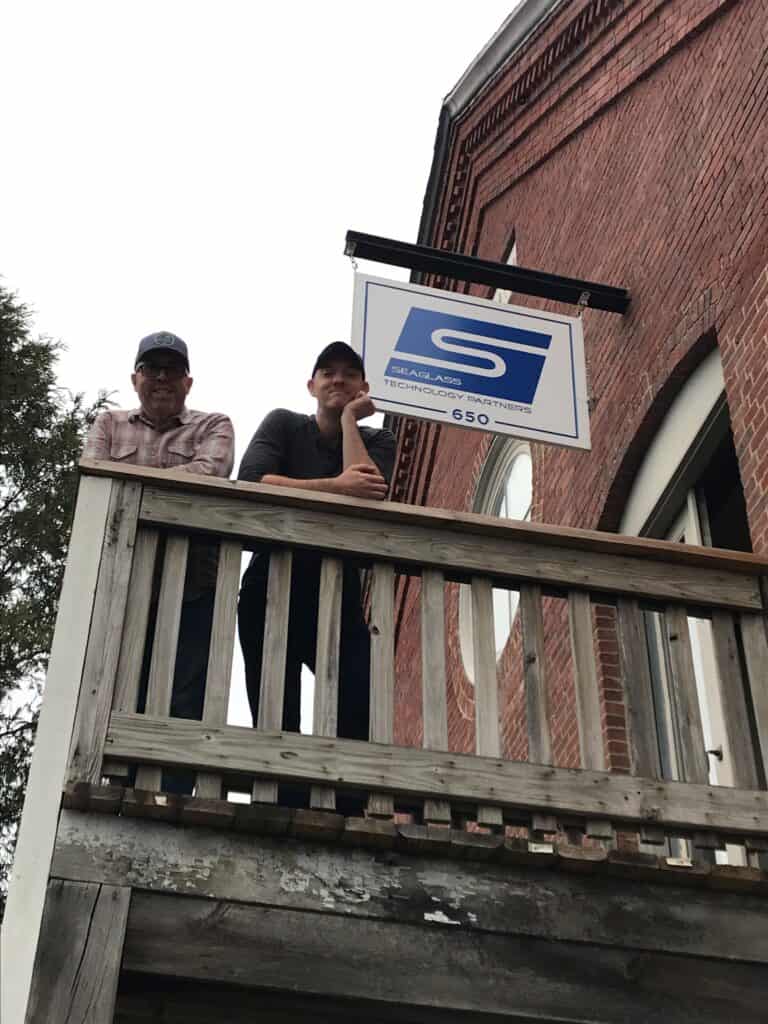How Much Does Invoice Factoring Cost?

Last time updated: December 17, 2024

If you are looking into factoring as a financing option for your staffing firm, it can sometimes be difficult to determine just how much you will be paying for this service. This guide will help you understand what goes into factoring pricing so that you can make informed decisions for your business.
First, Let’s Start With How Invoice Factoring Works.
What is Invoice Factoring?
Invoice factoring is a service where a finance company will buy your outstanding invoices and advance you 80-90% of the total via ACH wire transfer. The rest is held in reserve until your customers pay their invoices, and then returned minus a variety of factoring fees. We’ll get into the specific fees later.
The “advance rate” you get as well as the fees are variable and depend on a variety of factors. They can also be confusing if you are not well versed in the field. That’s why we made this guide, to help arm you with knowledge and decode the industry jargon.
Download our free invoice factoring guide
Why choose invoice factoring?
A fair question, given that we are making a whole guide on understanding the pricing. Factoring – also known as payroll funding, invoice factoring, A/R funding, etc – is actually an attractive option for many staffing firms given the cash flow negative nature of the business. While your customers may take 30-60 days or longer to pay their invoices, you have to pay your temporary workers weekly or biweekly. This can cause issues when you are in growth mode trying to take on more contracts, and therefore more employees. Factoring your invoices allows room for business growth.
Why not just get a bank loan?
While bank loan rates may seem more attractive on the surface, there are several reasons staffing firms might choose to go the factoring route instead.
- It can be difficult for staffing firms to secure bank loans. Banks require collateral like property and equipment on loans, and often staffing firms have little. Factoring companies do not have the same stringent requirements.
- A bank loan is finite. Once you hit your facility limit, you are out of luck. And it can be complicated, lengthy and sometimes costly process to increase your limit, which doesn’t help if you have a new contract waiting. Factoring grows with you.
- Banks charge many fees. While a fixed APR might seem more straightforward, banks are notorious for charging fees that can add up to thousands. Collateral fees, application fees, documentation fees, monitoring fees, monthly fees, facility fees. Factoring companies often do not charge these types of fees.
- Banks do not act as a business partner for collections and/or mitigating credit risk where factoring companies often do.
Read more on staffing loans.
Important Factors that Affect Your Quote
What common factors affect your pricing most?
Factoring companies look at many data points when assessing their risk of working with you. When factors are giving you a quote for their services some of the most important criteria for determining your rate are:
- Your company history and financial performance
- Your personal financial well-being
- The creditworthiness of your customers
- The length of time it takes your customers to pay
- Your industry or vertical
Invoice Factoring Example
At the end of the day, every organization is about people: those who work with us and those we serve. So, when adversity arises, the human element should take priority over business and industry. It really is that simple.
Sample Quote
To keep things simple, we’re going to lay out a scenario and show you what you might pay under those circumstances.
ABC Staffing is facing difficulties when it comes to making payroll each week. Instead of waiting 30 days for their client, TGIF, to pay their $10,000 invoice, they reach out to Factoring Co for a quote. Factoring Co offers ABC Staffing a 90% advance rate, a 1% admin fee, and a .02% daily rate.
Let’s break down the math.
- A 90% advance rate ($10,000 x 90%) = a $9,000 ACH wire transfer to ABC Staffing, with $1,000 held in reserve by Factoring Co.
- A 1% admin fee on that invoice ($10,000 x 1%) = $100 admin fee
- A .02% daily fee on the invoice if your client TGIF pays in 30 days (30 x .02% x 10,000) = $60 daily fee
- Your reserve you get back after the 30 days is $1000 – $60 daily fee – $100 admin fee = $840 back
- In total, it will cost you $160 to fund a $10,000 invoice. You would receive $9,840.
Remember that funding tends to be based on payroll needs, and you choose the frequency. Some people fund every week, some people fund bi-weekly and others monthly. It can be variable to meet your needs.
Factoring Industry Term Definitions
Like any specialized industry, factoring comes with its own lingo and terminology. Here are some common terms and their definitions so you know what your potential partners are talking about.
Advance Rate
The percentage measure of the amount you receive (usually by wire transfer or ACH) in cash when factoring an invoice. Advance rates typically range from 80% to 90% of your invoice amount.
If you were factoring a $10,000 invoice at a 90% advance rate, you would receive $9,000.
Reserves
The amount a factoring company will retain as a percent of your invoice after giving you initial cash in advance.
If you were advanced $9,000, your reserve equals the balance of $1,000. Once the invoices are paid, if there are no issues or unpaid fees, you will get back the $1,000 minus the factoring fees.
Daily Fee
A small daily fee for each day your invoice is outstanding as a percent of the invoice. Therefore, the longer your customer takes to pay, the more you will pay in fees. Percent charges range widely from factoring company to company.
Factoring Fees
The fees a factoring company charges on your invoice amounts. Factoring fees can include daily fees, incremental fees, and admin fees. You may be able to arrange your fee structure (daily vs. admin) to fit your business/billing structure.
The factoring fees you might encounter include the daily dee, incremental fee, and admin fee (see below for more details).
Up Next












